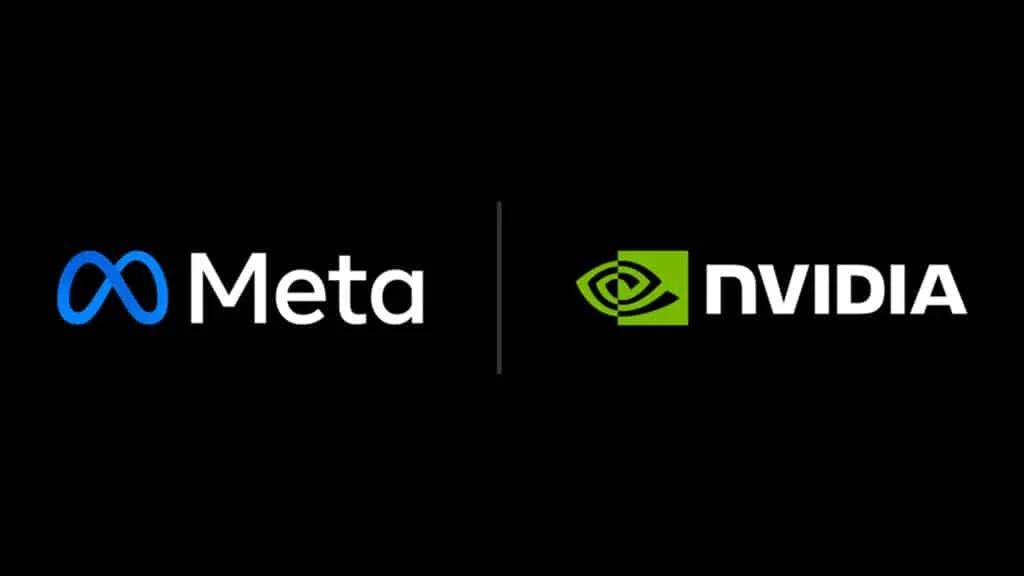Analyst(s): Keith Kirkpatrick
Publication Date: April 29, 2025
Microsoft announced the 365 Copilot Wave 2 Spring release, introducing new AI agents, expanded collaboration tools, and enhanced IT governance features. These additions aim to help organizations integrate AI more deeply into workflows and scale human-agent collaboration.
What is Covered in this Article:
- Microsoft introduced Researcher and Analyst AI agents in the Microsoft 365 Copilot Wave 2 release.
- The new Agent Store enables access to Microsoft, partner, and custom AI agents.
- Copilot Notebooks, Search, Create, and Memory features enhance user productivity and personalization.
- New Copilot Control System capabilities improve IT visibility, compliance, and agent management.
- The 2025 Work Trend Index outlines the emergence of Frontier Firms adopting human-agent collaboration at scale.
The News: Microsoft has launched the Microsoft 365 Copilot Wave 2 Spring release, introducing new AI agents designed to enhance enterprise productivity. Researcher and Analyst, two reasoning agents powered by OpenAI models, are now available through the new Agent Store, alongside offerings from partners such as Jira, Miro, and Monday.com.
The update also brings Copilot Notebooks, Copilot Search, Memory, and Create to Microsoft 365 users, aiming to expand Copilot’s role as an enterprise collaboration platform. Additionally, enhancements to the Copilot Control System provide IT administrators with better tools for agent governance and compliance oversight.
Microsoft Advances Enterprise AI With New Copilot Agents and Collab Features
Analyst Take: Microsoft’s latest 365 Copilot update marks a step toward operationalizing AI in enterprise environments. The launch of reasoning agents, improvements in search and collaboration, and expanded administrative control signal Microsoft’s intent to create a workplace where human-agent teams are standard. This release reflects the company’s broader vision of empowering organizations to manage, govern, and scale AI-driven work.
Reasoning Agents Strengthen Microsoft’s Position in Enterprise AI
The Researcher and Analyst agents represent an important update in enterprise AI capabilities. Researcher helps users gather and synthesize information from both web and internal sources, creating detailed, actionable insights. Analyst processes raw data from multiple systems and generate forecasts, summaries, and visualizations. By embedding these advanced reasoning agents into Microsoft 365 through the Agent Store, Microsoft provides enterprises with a practical way to augment research and data analysis without requiring specialized technical expertise. This move positions Microsoft to strengthen its role as a foundational AI platform provider across knowledge-driven industries.
Expanded Collaboration Features Ground Copilot in Daily Workflows
Microsoft’s introduction of Copilot Notebooks, Copilot Search, Memory, and Create enhances the role of Copilot beyond an AI assistant to an integrated collaboration partner. Copilot Notebooks allow users to centralize documents, presentations, meeting notes, and spreadsheets into one searchable, conversational workspace. Copilot Search connects users to data across Microsoft and third-party apps like Google Drive and Slack. Memory improves the relevance of responses by personalizing Copilot interactions based on user preferences, while Create enables the generation of brand-compliant images through OpenAI’s GPT-4o. Together, these features extend AI’s role in daily enterprise workflows. These enhancements anchor Copilot deeper into business operations, making it a critical daily tool rather than a supplementary feature.
IT Governance Becomes Central to AI Deployment
Recognizing security and compliance as barriers to AI adoption, Microsoft has expanded its Copilot Control System. The new Data Security Posture Management capabilities with Purview provide IT administrators with a unified dashboard to monitor and govern all AI apps and agents. Agent Management tools now allow enabling, disabling, or blocking agents for specific user groups, while Copilot Studio Agents Reports in Microsoft Viva Insights measure agent usage and impact on productivity. These additions equip IT departments with the tools to manage AI deployment securely and effectively across organizations. Effective IT control over AI usage will be decisive for enterprise-wide adoption and scaling of Copilot solutions.
Human-Agent Collaboration Shapes the Future Enterprise Model
The 2025 Work Trend Index emphasizes the emergence of “Frontier Firms,” organizations redesigning operations around human-agent collaboration. Early adopters of company-wide AI integration report higher business performance, with 71% of workers in Frontier Firms saying their companies are thriving compared to 37% globally. Microsoft’s positioning of Copilot as the organizing layer for AI interactions reflects a broader shift where managing a portfolio of agents becomes a core business capability. The success of this model could influence enterprise operating structures across industries in the next few years. As enterprises evolve into agent-powered ecosystems, Microsoft’s early investments in human-agent collaboration could deliver a long-term competitive advantage.
As AI agents are viewed as the biggest catalyst for impacting modern work within the enterprise, SaaS vendors are doubling down on investments in the technology to enable greater automation and more intuitive assisted experiences. The common goal is to drive more productivity, efficiency, and a better overall work experience.
Ultimately, Microsoft’s latest Copilot announcements are reflective of the hyper-competitive environment in which SaaS vendors are now playing, and represent a solid approach for delivering agentic AI technology in a way that leverages the company’s massive application and infrastructure capabilities, while also recognizing the value in ensuring interoperability and access to other third-party applications within enterprise stacks that are unlikely to be displaced.
What to Watch:
- Enterprises must ensure effective human-agent collaboration to maximize the benefits of Researcher and Analyst agents.
- Microsoft’s ability to ensure privacy, security, and trust in Memory and personalization features will impact adoption rates.
- Competitor response could influence enterprise migration decisions, particularly from Google Workspace and other SaaS providers.
- Broader organizational change management efforts will be needed to drive usage beyond small teams to entire workforces.
See the complete press release on the launch of Microsoft 365 Copilot Wave 2 and the introduction of new AI agents on the Microsoft website.
Disclosure: The Futurum Group is a research and advisory firm that engages or has engaged in research, analysis, and advisory services with many technology companies, including those mentioned in this article. The author does not hold any equity positions with any company mentioned in this article.
Analysis and opinions expressed herein are specific to the analyst individually and data and other information that might have been provided for validation, not those of The Futurum Group as a whole.
Other insights from The Futurum Group:
The Rise of Sovereign Clouds Amidst a Fractured Global Climate
IBM Invests in Canadian Cloud Sovereignty
North Africa’s Cloud Revolution Led by Oracle
Author Information
Keith Kirkpatrick is VP & Research Director, Enterprise Software & Digital Workflows for The Futurum Group. Keith has over 25 years of experience in research, marketing, and consulting-based fields.
He has authored in-depth reports and market forecast studies covering artificial intelligence, biometrics, data analytics, robotics, high performance computing, and quantum computing, with a specific focus on the use of these technologies within large enterprise organizations and SMBs. He has also established strong working relationships with the international technology vendor community and is a frequent speaker at industry conferences and events.
In his career as a financial and technology journalist he has written for national and trade publications, including BusinessWeek, CNBC.com, Investment Dealers’ Digest, The Red Herring, The Communications of the ACM, and Mobile Computing & Communications, among others.
He is a member of the Association of Independent Information Professionals (AIIP).
Keith holds dual Bachelor of Arts degrees in Magazine Journalism and Sociology from Syracuse University.







